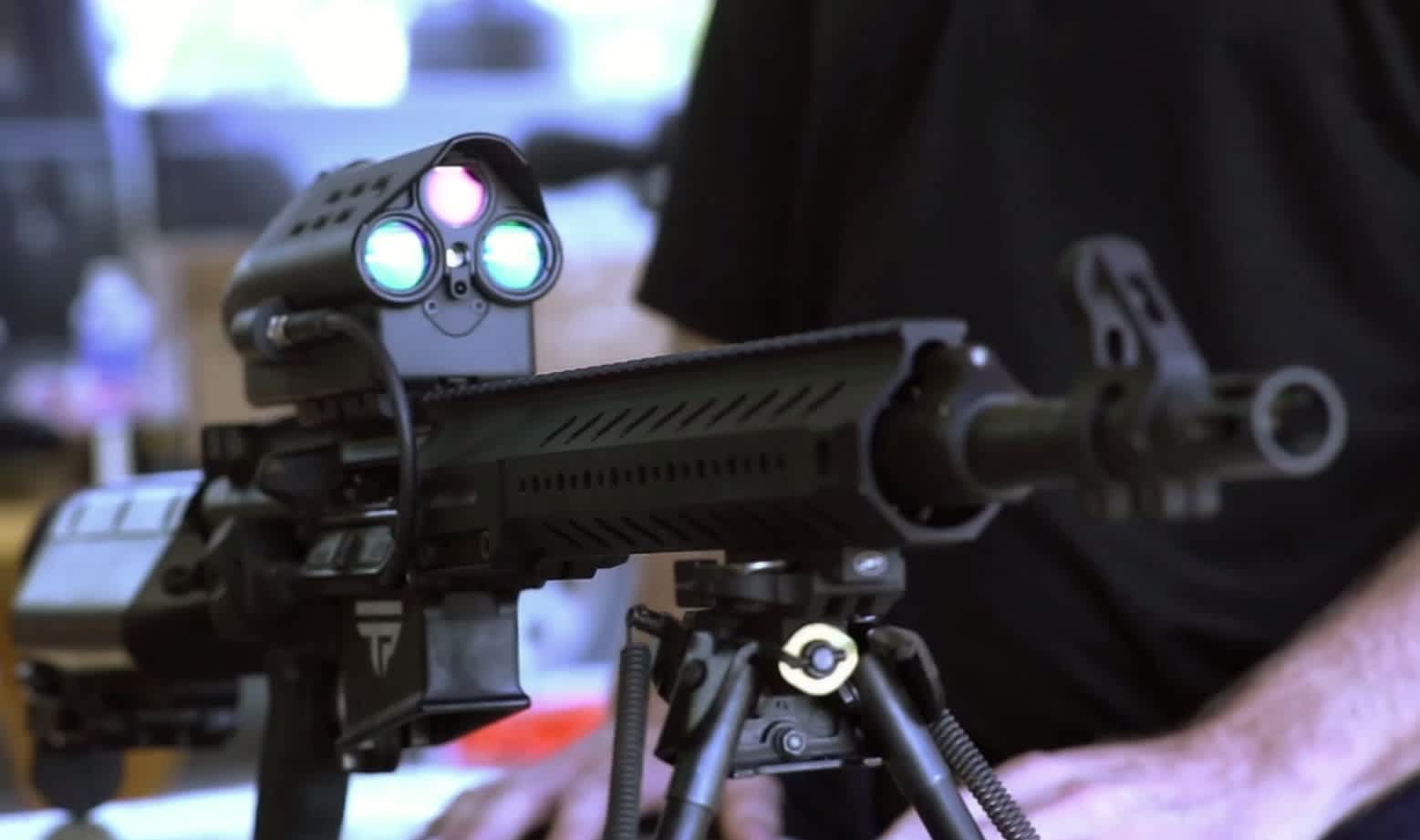New Hampshire Considers Prohibiting Use of “Guided” Firearms, Other Devices for Hunting
OutdoorHub Reporters 01.30.15

The New Hampshire Game and Fish Department held a public meeting on Thursday to discuss a possible ban on certain devices’ use in hunting, including live-action trail cameras, drones, and “guided” rifles. According to the agency, there are concerns in the sporting community that these emerging technologies could violate the principles of fair chase.
“We need to establish rules regarding these fast-changing technologies to make sure that people understand that their use for hunting is not appropriate or ethical,” said New Hampshire Fish and Game Department Law Enforcement Chief Martin Garabedian in a press release. “Use of this equipment violates the principle of fair chase because it gives hunters an unfair advantage over wildlife.”
Specifically, the department is considering banning:
- The use of live-action trail cameras, or cameras that can transmit footage instantaneously to smartphones or computers. Critics of these devices say that they could be used to locate wildlife much faster than cameras with footage that has to be physically retrieved.
- The use of “smart” or “guided” rifles, firearms that contain an on-board computer that is capable of tracking wildlife, can adjust for environmental factors, and/or fires automatically. Critics argue that these weapons give hunters an unfair advantage over wildlife.
- The use of an unmanned aerial vehicle (also commonly called a drone) to aid in harvesting game animals. Several other states have already banned the use of drones in hunting.
Hunters who attended the meeting on Thursday had mixed opinions regarding the new rules. Many supported banning the use of drones, but some felt that prohibiting the use of live-action game cameras was too much. Although hunters in the field could have an advantage using these cameras to spot game, meeting attendees said that most hunters using game cameras are at home when they receive the notifications.
“Instantly, they’ll have a video of a turkey or a deer or a moose or whatever and that they would then be totally ready to go hunting… it sounds like you’re trying to stop a one-in-a-million chance,” Jack Baltz of Freedom, as quoted by NHPR, said at the meeting.
Others also disagreed about the issue of guided rifles. While some hunters at the Thursday meeting did support restrictions on computer-aided shooting, other sportsmen were not so quick to negatively judge the new technology. Manufacturers like Texas-based TrackingPoint—which refers to its products as Precision-Guided Firearms—argue that these guns make for safer hunts and more ethical kills.
“Banning the use of technology such as TrackingPoint’s Precision-Guided Firearm would be a mistake not only for hunters but for all New Hampshire residents,” Danielle Hambleton, Vice President of marketing at TrackingPoint, wrote in an email to OutdoorHub. “These rifles make hunting safer, essentially forcing the shooter to take more time in carefully and precisely setting up a shot. This mitigates the risk of throwing a potentially unsafe shot too quickly as a result of getting caught up in the excitement. They’re also exceptionally more precise, so there’s less risk of a miss resulting in stray rounds. Both of these factors mean greater public safety.”
A common criticism of such rifles is that they allow hunters to shoot animals at greater distances than normal, something that is discouraged by some sportsmen and wildlife officials. However, Hambleton said that extreme long-range hunting is not a major application for TrackingPoint rifles. She stated that game management, predator control, mentoring, and precision shooting are primary uses for the company’s guns.
You can see a video of TrackingPoint founder John Lupher explain how the firearms work below:
According to WMUR, animal rights activists who attended the meeting also spoke out against TrackingPoint-style rifles, drones, and live-action cameras.
The department will be taking public comments until February 5.

